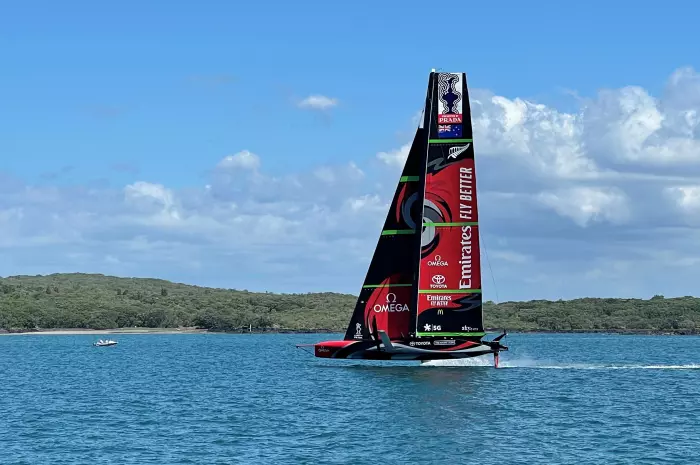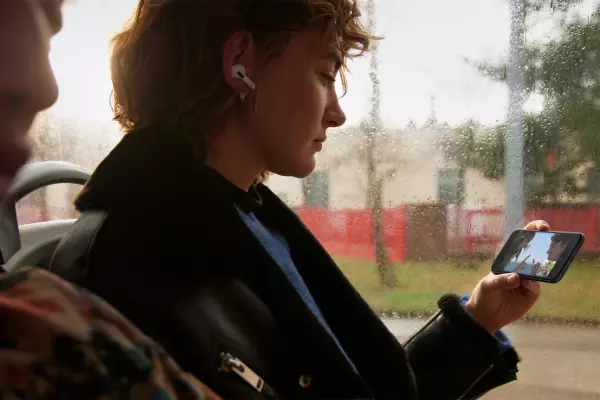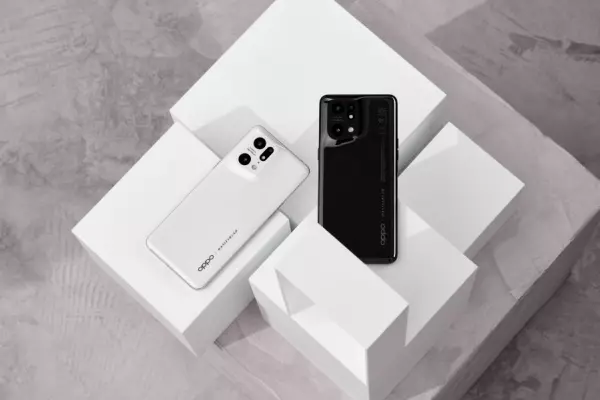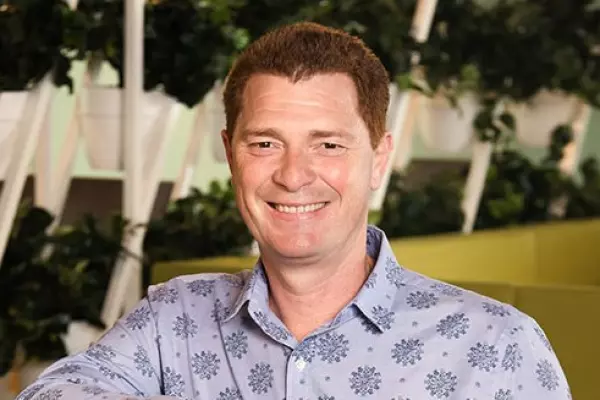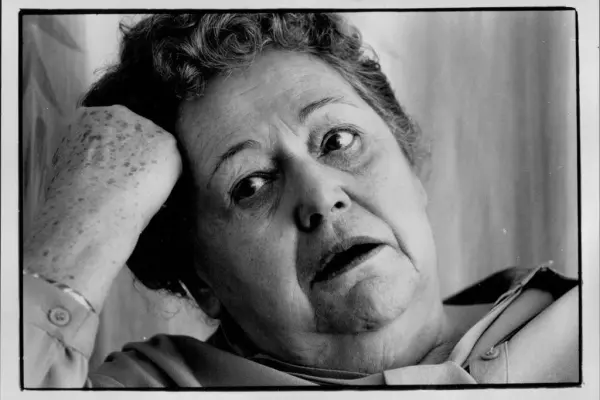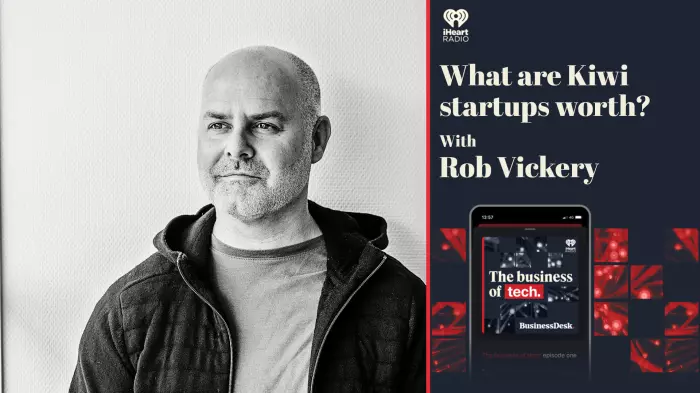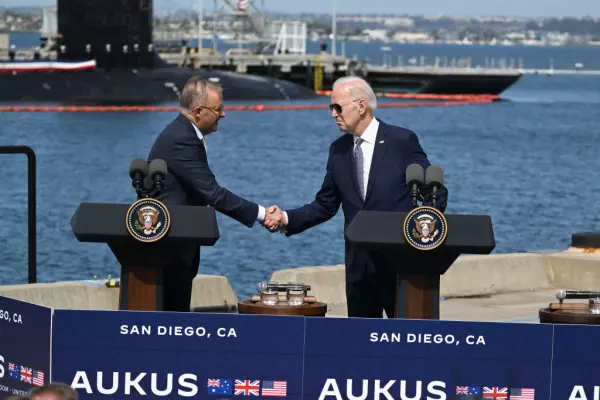Sir Ian Taylor says legal action threatened against his Animation Research Limited by Sir Russell Coutts’ sailing entities is frivolous and tries to claim ownership of concepts that ARL created first anyway.
As previously reported by BusinessDesk, Taylor and ARL had to redesign the TV graphics for the 36th America’s Cup to avoid patent infringement claims from Coutts’s Oracle Racing and SailGP organisations and their LiveLine technology.
The New Zealand Herald today reported that Coutts's interests were initiating legal action claiming copyright infringement against ARL.
“Russell’s response to me was, even if it looks anything like LiveLine, I hope you’ve got deep pockets because you’ll be in court. That was his response,” Taylor told BusinessDesk today.
Taylor says the legal action is against the visual look of the graphics rather than the underlying technology. He says that there is no basis for these claims, and that his company ARL pioneered the look as far back as 1992.
“We looked at that and thought, that would be debatable,” he said of the claims.
“We can just agree with him and say, alright let’s say we agree with you, now here’s our picture from 1992, which you copied. And we’ve got those pictures, it’s all over YouTube.”
He claims Coutts and his companies can’t copyright anything of theirs that had been done by Taylor and ARL previously.
“The advice I’ve had is even if we haven’t copyrighted it, the fact that we were the first to do that, gives us copyright.”
The legal claim is against ARL and two other parties, who Taylor declined to name.
Motivation
Taylor says the legal action only addressed ARL’s visual rendering of the course borders, first used on TV in the Prada Cup in Auckland in late December. He says such borderlines were first used by ARL in San Diego in the 1992 America’s Cup.
He also claims to have email communications from 2010 with Coutts that show Taylor’s intention to use augmented reality technology in sailing broadcasts.
He also says the only reason he and ARL have not developed specific new AR technology for broadcast is because a year after he shared plans with Coutts, Coutts took out a patent on it.
If the legal action is personal, Taylor thinks it is not against him. Of Coutts, Taylor said:
“We knew his antipathy towards Team New Zealand and particularly Grant [Dalton], would bring this around somehow.”
Taylor says ETNZ manager Dalton’s refusal to sign an earlier agreement to create a global catamaran series may have irked Coutts.
“Imagine if Grant had signed up to that, we wouldn’t be seeing these foiling monohulls today, so we’ve got Grant to thank for that as well. Which is why I’m just not going to let this kind of bullying, trying to scare us, just because he’s got way more money than I’ve got.”
Snubbed
Taylor says he sent Coutts pictures and information as a courtesy on how ARL had avoided copyright infringement prior to the Prada Cup broadcasts. But he says Coutts did not respond, and nor did he take Taylor up on an early November offer of meeting in Auckland to see the technology in action.
“He didn’t take me up on that offer, he didn’t turn up, didn’t come. And so the thing was that when he finally came back on Dec. 23, and he knew how difficult it was going to be for us to pull legal people together.
"I had to bring all my staff in off holidays, we had to trawl through all of our emails and stuff to go back to find the evidence to support our case that we actually had the idea first,” Taylor said.
As the Herald reported, it is understood Coutts, Oracle Racing and SailGP believe specific intellectual property was transferred to them at a previous time. But Taylor says:
“There’s a rule in the protocol that says the winner and holder of the cup picks up IP in things that happen in the last Cup … if that argument is true, it should have shifted to Team New Zealand.”
He added the legal threat also includes how ARL displays corporate race sponsors, which ARL is changing to avoid going to court.
“Maybe you did that first, we don’t think you’ve got a right to it, it doesn’t serve the sponsors very well anyway, we’ve got a better way to do it.”


